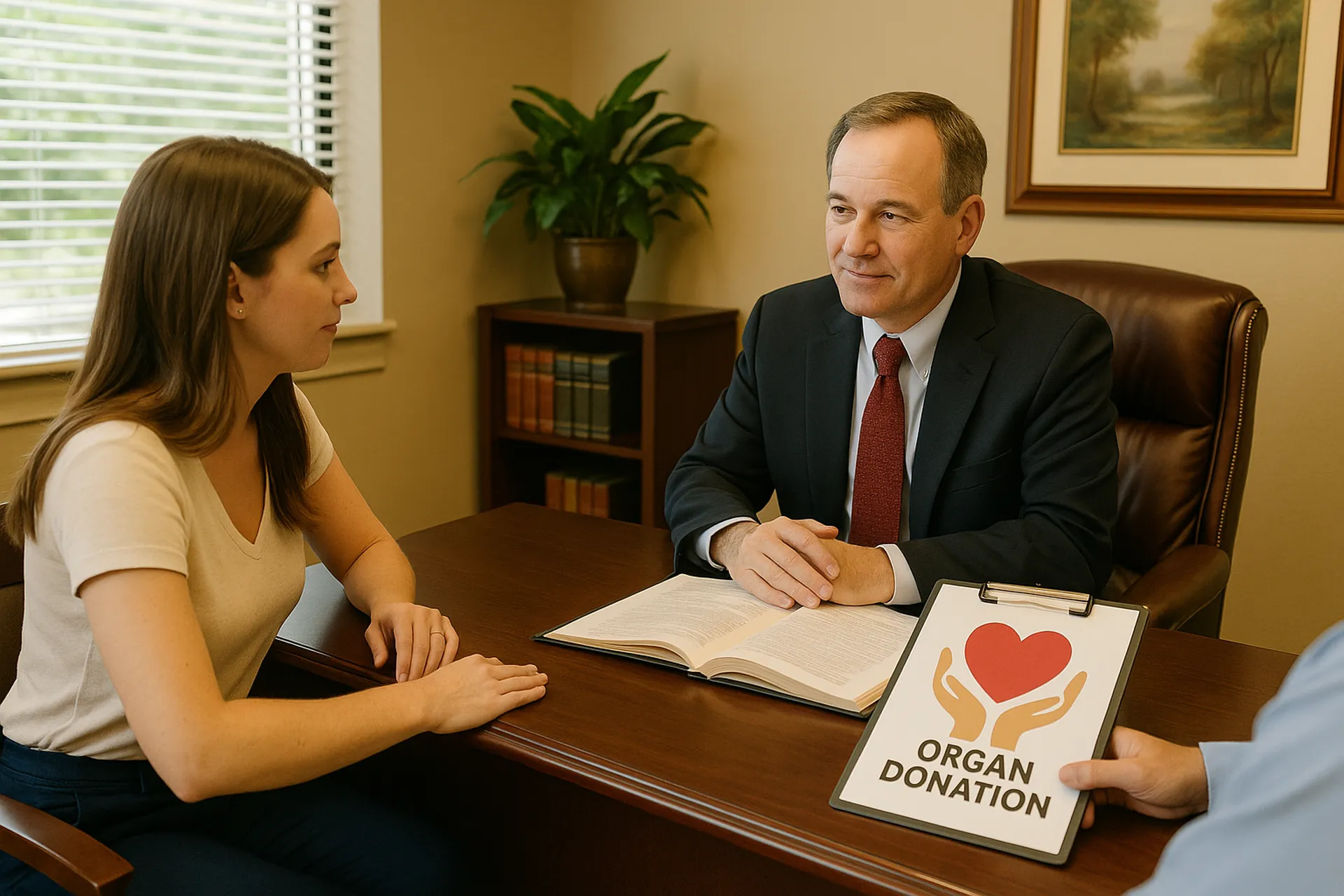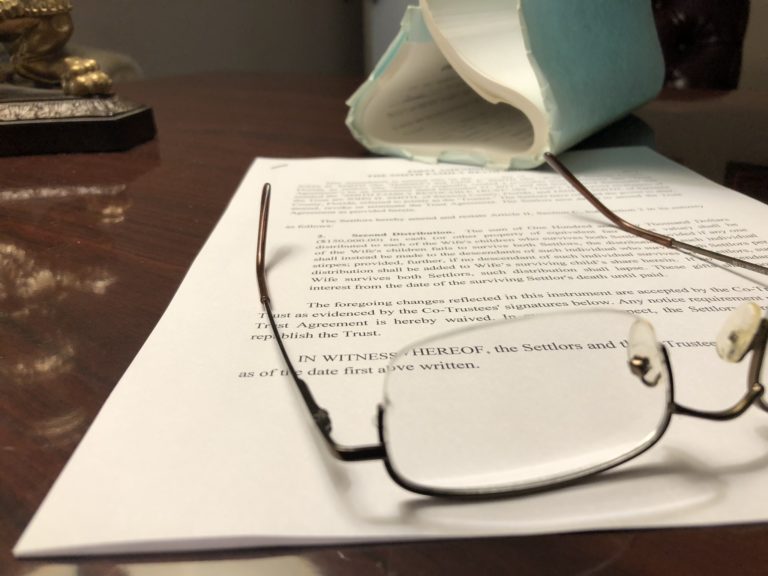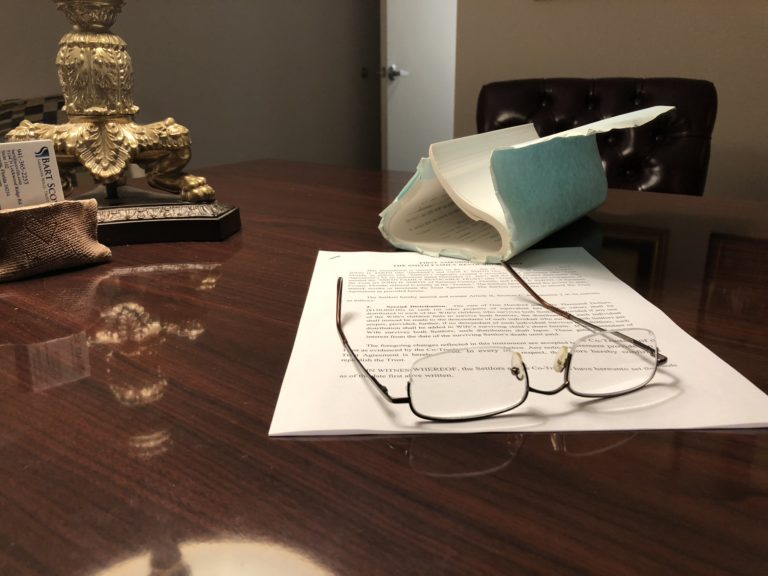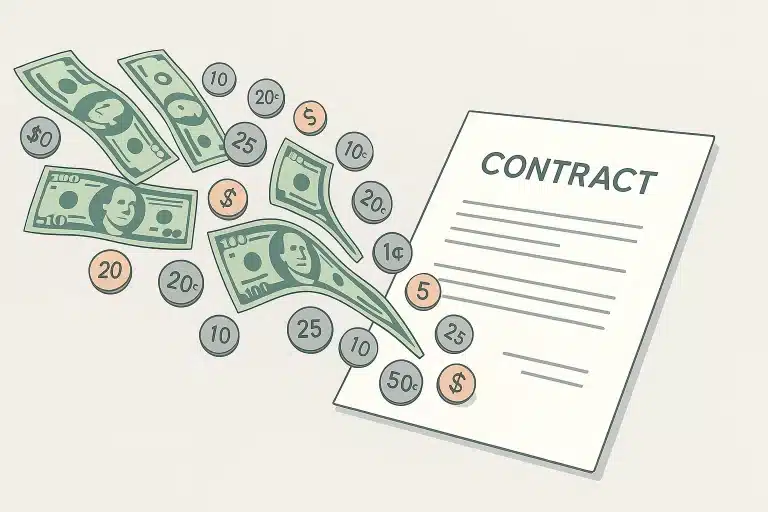Organ Donation in Florida Estate Planning: A Gift Beyond Your Lifetime
Many Floridians think of estate planning only in terms of wills, trusts, and financial matters. But there’s another gift you can leave that has nothing to do with money: the gift of life through organ donation. Making your wishes clear about donation is one of the most compassionate decisions you can make—and it can ease the burden on your loved ones during a very difficult time.
When Are Organs Donated?
Organs must be removed quickly after death to remain viable for transplant. In most cases:
- Brain death: Donation usually occurs after brain death, a legal and medical determination that all brain activity has permanently stopped. At that point, machines may keep the heart and lungs working only long enough for organs to be recovered.
- Cardiac death: In some cases, donation may occur after the heart stops, though fewer organs are suitable.
- Tissue donation: Even if organ donation isn’t possible, corneas, skin, and bone can often be donated for hours or days afterward.
Addressing Concerns About Premature Harvesting
Public concerns about “premature” organ removal have been fueled by urban legends and sensational headlines. In reality, Florida—and the entire U.S.—has some of the most stringent safeguards in the world:
- Independent confirmation: Two physicians not involved in transplantation must confirm death before donation can begin.
- Legal standard: Brain death is recognized as death under Florida law, supported by clinical tests and sometimes imaging studies.
- Separation of roles: The doctors caring for the patient are not the same doctors who recover organs.
- Oversight: The United Network for Organ Sharing (UNOS) and Florida organ procurement organizations tightly regulate every step.
These checks and balances make it extraordinarily unlikely—essentially impossible—for organs to be removed before true death is confirmed.
The Economics of Organ Donation
- No financial incentive: Families and donors receive no payment for organs. U.S. law makes it illegal to buy or sell human organs.
- Covered costs: Medical costs related to donation and transport are paid by the organ procurement organization, not the family.
- Public benefit: While there’s no direct financial incentive, organ donation reduces overall healthcare costs by allowing transplants instead of lifelong treatments like dialysis.
How to Put Your Wishes in Place
Floridians have several ways to ensure their donation decision is honored:
- Driver’s license / Florida ID: When you renew at the DMV, you can check a box to be added to the Joshua Abbott Organ and Tissue Donor Registry. This is the most immediate and widely recognized method.
- Estate planning documents: Include your wishes in your living will and health care surrogate designation. This makes your intent clear to family and healthcare providers.
- Communicate: Let your family know your decision so they can support it without doubt or conflict.
Conclusion
Organ donation is one of the most meaningful legacies you can leave behind. By making your wishes clear through Florida’s donor registry and your estate planning documents, you ensure your decision will be respected—and that your family won’t be left struggling with uncertainty.
If you’d like to learn how to incorporate your donation wishes into your estate plan, contact Bart Scovill, PLC.
Contact Us For More Information

Or Call 941-365-2253 for a Free Consultation
NOTE: The use of the Internet or this form for communication with the firm does not establish an attorney-client relationship. Confidential or time-sensitive information should not be sent through this form.







